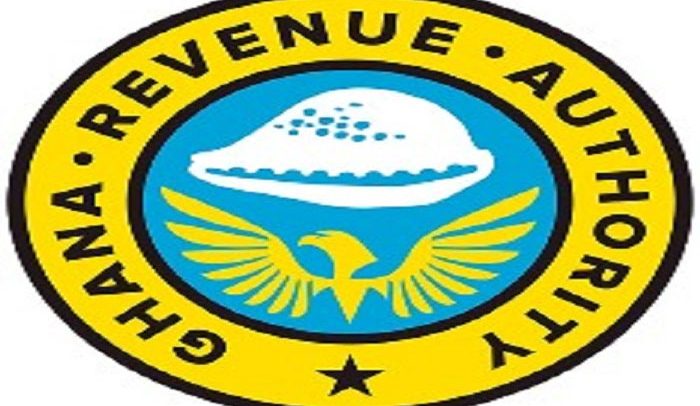The Ghana Revenue Authority (GRA) has said it does not seek to introduce any new taxes on energy and capacity charges.
It says “the supply of electricity to a dwelling of up to a maximum consumption level specified for block charges for lifeline units is still exempt from Value Added Tax (VAT) and Ghana Education Fund Trust (GETFund) and Levy.
GRA made this known in a statement signed by its Assistant Commissioner, Communication and Public Affairs, Florence Asante.
The statement was in reaction to what GRA says were discussions in the media on Value Added Tax, GETFund Levy and National Health Insurance.
According to the statement, “the Electricity Company of Ghana (ECG) already charges VAT, NHIL and GETFund Levy on the supply of electricity in excess of lifeline units.”
GRA explained that on account of their current invoicing policy, ECG over the years has had some challenges claiming input VAT associated with the supply of electricity by power producers, which could have reduced the net tax payable by ECG to GRA.
It added that GRA is scheduling a meeting with power producers to address the application of the VAT mechanism to the power sector.
It says “meanwhile the letter dated 4th May, 2020 on VAT, GETFund Levy and NHIL on energy and Capacity charges has been withdrawn.”
Meanwhile, in another development, GRA has issued a statement noting that the benchmark value policy continues to be implemented as originally announced by Vice President Dr. Mahamudu Bawumia.
By Melvin Tarlue


